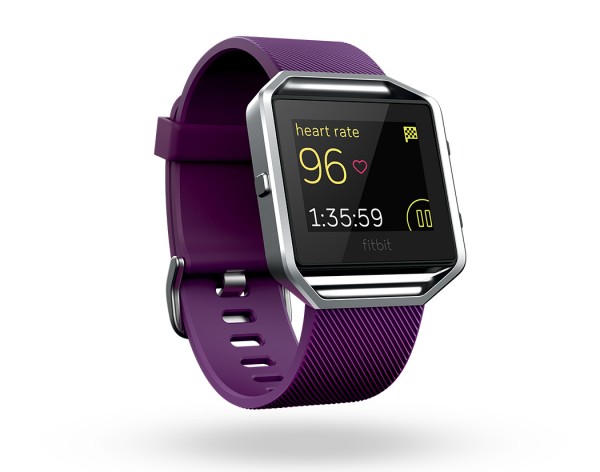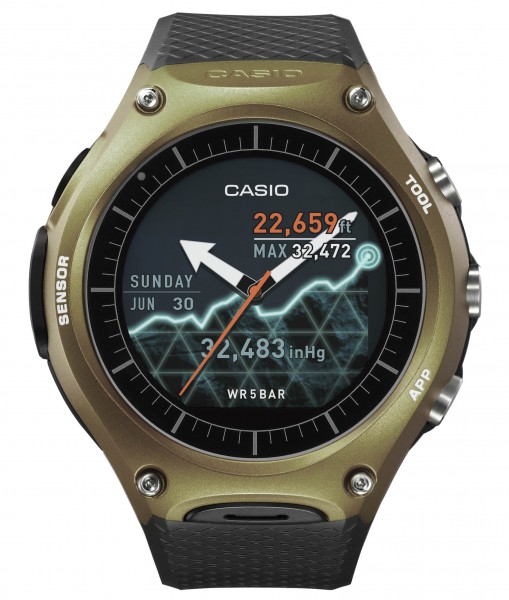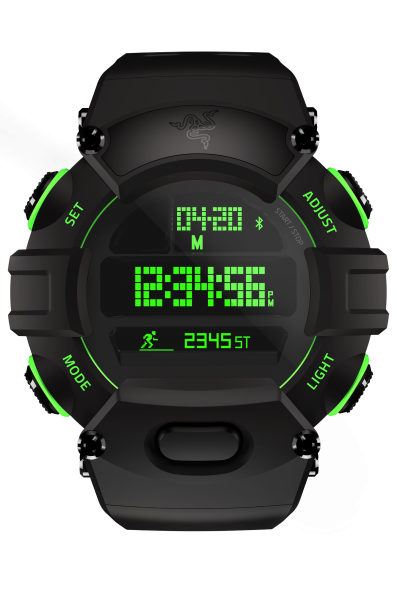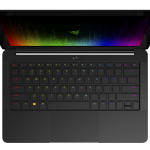
A year after people first went gaga over smartwatches, it’s safe to say these gadgets have certainly found one niche where they excel in – fitness apps – going by what was on show at last week’s CES tech show.
As a luxury item on your wrist? Or a digital key to literally open doors or pay for items? Not so soon, it may appear.
At the yearly tech fest in Las Vegas, visitors were treated to a number of interesting new smartwatches to help track their runs, swims and rides.
The Fitbit Blaze, for example, looks as stylish as an Apple Watch but also provides the fitness tracking you’d expect. This includes heart rate tracking, sleep monitoring and multi-sport compatibility.
It also features Fitbit’s SmartTrack, which automatically recognises a workout and logs it. So, don’t worry about missing a record if you are gunning to be the king of Sengkang for a stretch of the jogging track on Strava, for example.

If Fitbit is already an established fitness tracker brand, then Casio’s first Android Wear smartwatch will wow fans of the Japanese maker of tough G-Shock watches.
The Smart Outdoor Watch WSD-F10 promises to be a smartwatch that is not just smart but also rugged for your hikes, for example. Waterproof up to 50 metres according to United States military standards, the pretty screen and graphics should look good as well as function under pressure.
You get to check sunrise times, air pressure and and direction (with a compass) so this is a wearable device that is purpose built for the great outdoors. Quite unlike many of the fashion-conscious and general purpose smartwatches that had come out earlier.

Then, there’s Razer. The company behind popular PC gaming mice came up with the Nabu Watch at CES. Reminiscent of Casio’s G-Shock watches, the Nabu features a thick frame around the backlit screen.
With an OLED (organic light-emitting diode) screen, it is shock- and water-resistant and promises seven days of battery life. Interestingly, it also has a coin-cell replaceable battery to run its digital chronograph features. This is good for 12 months without requiring a change.
All three watches seem to look to fitness as a specialty to get smartwatches off the ground in 2016. While smartwatches may struggle to replace luxury Swiss watches at least in the short term, they play to their strengths in the relatively new field of fitness trackers.
This could yet be the beach head that gadget makers require, to get people used to wearing one of their gadgets, before they one day start using them as digital keys and wallets.






